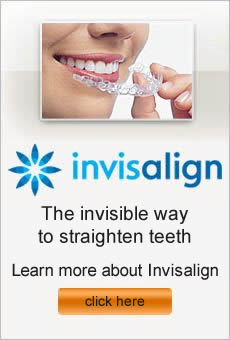Although it seems cute to see a little baby sweetly sucking on his thumb, that habit can actually cause long-term dental problems. In fact, about 80 percent of babies and young children suck their thumbs at some time. While this method of self-soothing seems appealing to tired parents, most orthodontists recommend that parents get their children to stop thumb sucking as soon as possible.
In general, thumb sucking doesn’t cause extensive issues while your child still has baby teeth. Once permanent teeth arrive, around age six, you run the risk of causing problems that will require orthodontic intervention. Children who suck their thumbs after this point run the risk of developing malocclusions, or alignment problems, as well as speech problems or damage to the roof of the mouth. Another element that contributes to the problems created by thumb sucking is intensity. When children forcibly suck their thumbs from an early age, this action could affect the shape of their mouths and the position of teeth, even the baby teeth.
If you have a thumb sucker, try these tips to help break your child of this habit. Keep in mind that a child needs some motivation to quit.
- Help your child see that he or she is growing up and know longer needs things like bottles, high chairs, etc. Explain that thumb sucking is the same thing.
- If you notice thumb sucking, try to distract your child by reading a book or offering a stuffed animal.
- Praise your child for making progress, even if it is baby steps.
- Use peer pressure to your advantage. Encourage your child to spend time with friends who don’t suck their thumbs.
- Have your dentist and doctor back you up. Children often respond better to authority figures.
- Talk to your dentist or orthodontist about specially designed devices that can help curtail thumb sucking.
If you have questions about thumb sucking, don’t hesitate to contact our office.



